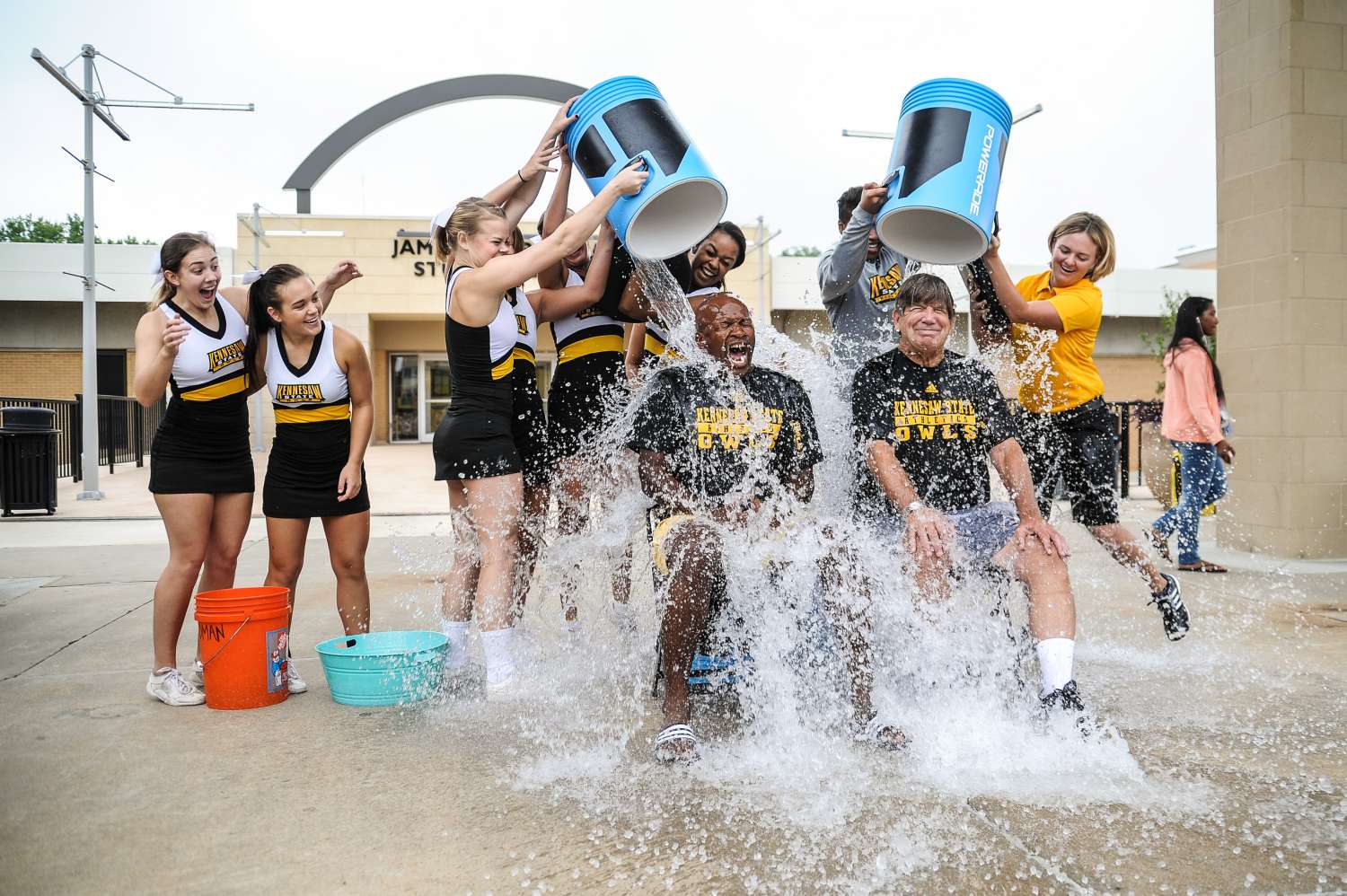Kennesaw State student organization OwlSwap called for the university to join a workers’ rights organization Tuesday, March 26, after the school contracted a company that allegedly committed labor violations.
OwlSwap, a student organization that works to “ensure ethical, sustainable fashion alternatives” at KSU, sent a letter to KSU President Dr. Pamela Whitten in October 2018 requesting that KSU join the Worker Rights Consortium. The WRC is an organization that aims to “end labor abuses and defend workplace rights,” according to its website.
When asked further about OwlSwap’s allegations, KSU Spokesperson Tammy DeMel did not respond.
The request came after OwlSwap received information from Mujeres Transformando, a female worker organization in El Salvador that represents the women responsible for making clothing bearing university logos.
According to the letter OwlSwap sent to Whitten, the workers were heavily underpaid for their work and faced “harsh reprisals from management” if they underperformed or complained about their wages.
OwlSwap sent the letter in conjunction with United Students Against Sweatshops, an organization that “seek[s] to hold companies accountable for their actions that exploit people who work on university campuses.”
The USAS recently played a role in getting Arizona State University to sever its ties with apparel company Vive La Fête, according to the State Press, ASU’s newspaper.
Vive La Fête provided KSU with several articles of children’s clothing branded with the university’s logo. Although the apparel is no longer available to purchase, images and listings of the pieces can still be found online. The company also continues to sell children’s apparel for several other universities, including the University of Alabama and Georgia Tech, on its website.
The WRC released an investigative report in 2017 that details unfair labor conditions of Vive La Fête and its partner company, Konffetty. The report reveals violations of Salvadoran laws in regards to workers’ terms of employment, monetary compensation, overtime hours and required work benefits.
“The WRC works to ensure that clothing bearing university logos is made in equitable conditions,” OwlSwap representative Britt Pickering said. “Our university currently has no policy to ensure ethical sourcing of clothing bearing the KSU logo. Working with the WRC would guarantee that factories producing for [KSU] meet high standards for safety, wages and workers’ rights.”
OwlSwap said that affiliation with the WRC would not be costly for the university. According to the WRC website, an affiliate institution annually pays $1,500 or one percent of its yearly gross licensing revenue, whichever is greater.
The WRC currently has 192 affiliate institutions, none of which are within the University System of Georgia.



